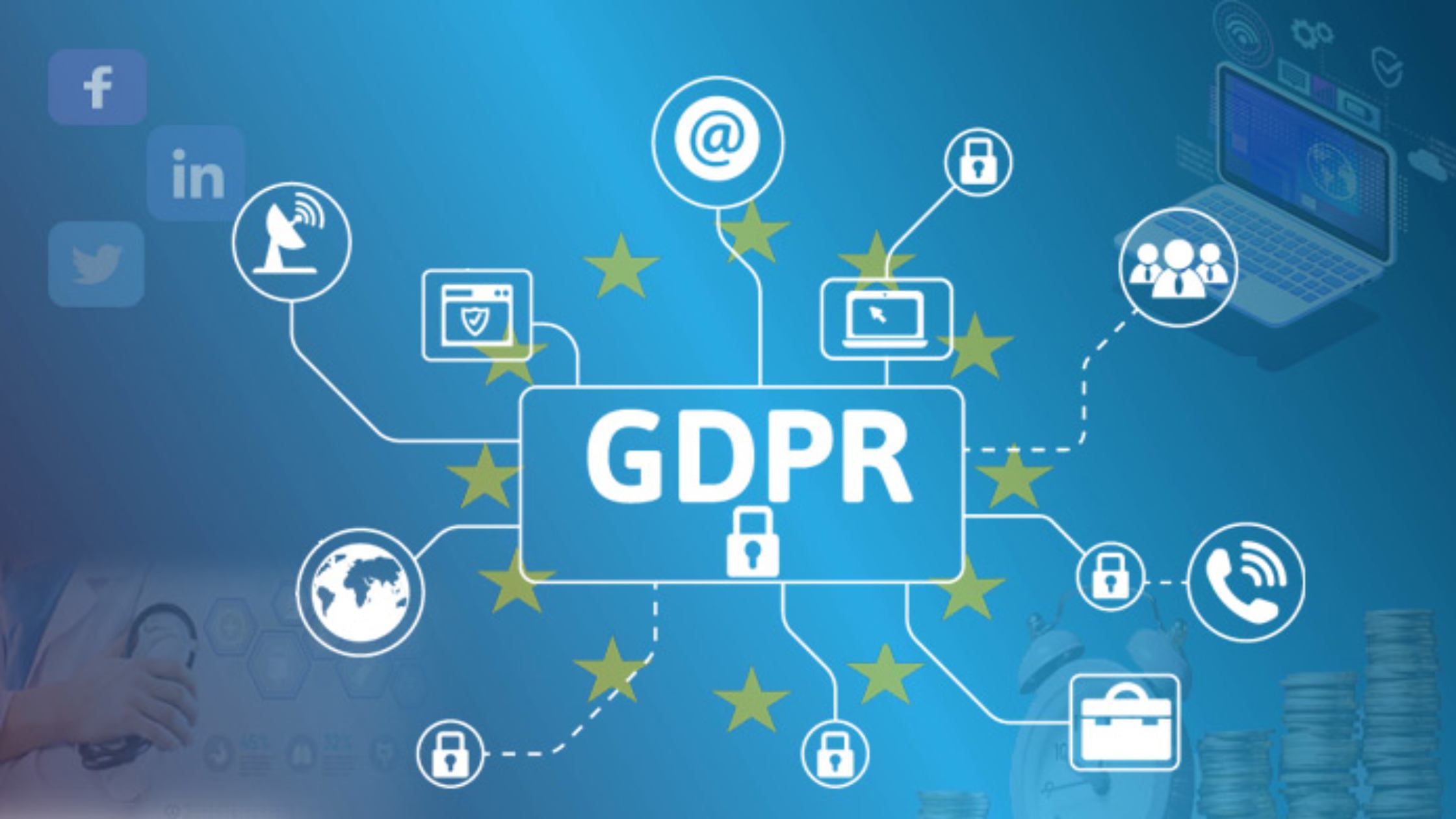Are you in compliance with GDPR’s compliance rules? It’s not required, but it is possible to be intimidated by the new and complex GDPR legislation. It is all about protecting your data. This means providing customers with control over their personal information as well as ensuring the safe storage of personal data. Whether you’re starting out with GDPR or are looking to find out more about the regulations from businesses around the world.

HIPAA is an acronym that should be well-known to healthcare professionals and companies who handle personal data. HIPAA (Health Insurance Portability and Accountability Act) is an US law that regulates the sharing and processing of patient’s health information. GDPR (General Data Protection Regulation), is a regulation made by the European Union (EU). It applies to all businesses who handle personal information of EU residents. Although they might have different goals, all regulations have the same objective: to safeguard the privacy of personal information and security.
Why HIPAA and GDPR Compliance are Important
HIPAA compliance as well as GDPR compliance are essential for a variety of reasons. In the first place, it helps to protect private information from unauthorised access, disclosure, and misuse. Healthcare organizations, for instance, handle sensitive medical information that could be used to perpetrate identity fraud or theft of medical information. Businesses that handle personal details like addresses, names and email addresses, are bound by GDPR. This is true regardless of whether the data is used to aid in fraud, identity theft, or for phishing.
Additionally complying with these rules is legally mandatory. HIPAA regulations are applicable to covered entities , such as healthcare providers, health plans, and healthcare clearinghouses. If you violate HIPAA regulations could lead to criminal and civil penalties and damage to a healthcare provider’s reputation. All companies that handle personal information from EU residents are subject to GDPR regardless of where they’re located. If you do not comply, you could face heavy fines or legal action.
In compliance with these regulations can create trust with patients and customers. Patients and patients want to know that their personal information will be treated with care and with respect. Conformity with HIPAA regulations as well as GDPR regulations can show that a business values data privacy and security , and is dedicated to protecting personal information.
HIPAA and GDPR Compliance: Key Requirements
There are many rules in HIPAA and GDPR regulations that businesses have be aware of. For HIPAA covered organizations, they must guarantee the integrity, confidentiality, and availability of protected health information electronically (ePHI). This involves implementing administrative, physical and technological safeguards that protect ePHI against any unauthorized access to, use or disclosure. The covered entities should also have procedures and policies implemented to handle potential security incidents and breaches.
GDPR requires that individuals give explicit consent to organizations collecting and processing their personal information. The consent must be given completely, without ambiguity written down and in a specific manner. GDPR also requires companies to give individuals the right to inspect, rectify and erase their personal information. Companies must also take the required organizational and technical measures to safeguard personal data.
HIPAA Compliance as well as GDPR Best practices for compliance
Business should employ best practices to protect personal data and comply with HIPAA regulations. Here are some most effective methods:
Risk assessments should be conducted regularly: Businesses should be able to regularly assess the risk to the integrity, confidentiality and accessibility of personal information. This will allow you to identify security weaknesses and establish the proper security measures.
Implementing access controls: Organizations should restrict access to personal data to individuals who have been authorized. This includes implementing secure passwords, multi-factor authentication, and access control based on the principle of most privilege.
Employees who train: Regular training should be offered to employees on data privacy. This could help to prevent accidental and accidental data breaches.
Implementing incident response plans Companies should be prepared to address any security issues or breaches that could occur. This involves identifying a response group, setting communication protocols and regularly conducting drills.
HIPAA and GDPR compliance is crucial for companies handling personal information. These regulations safeguard sensitive data from disclosure and access that is not authorized and abuse and demonstrate a commitment to data security and privacy. Companies can adopt best practices, such as conducting risk assessments, using access control, training employees, and developing incident response plans to make sure that they are in compliance with the regulations.
For more information, click GDPR compliance